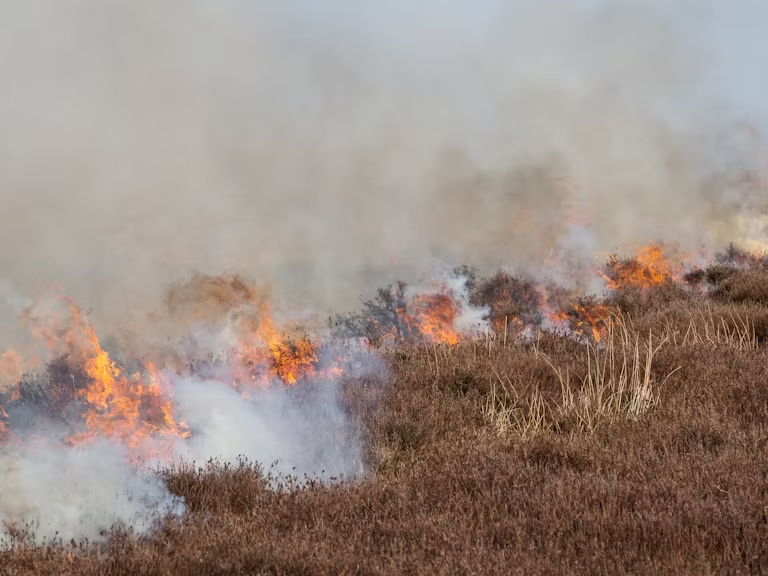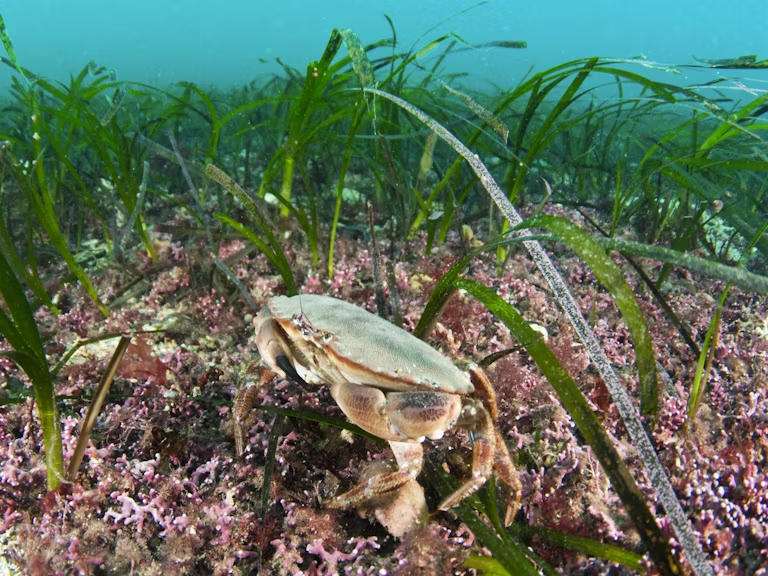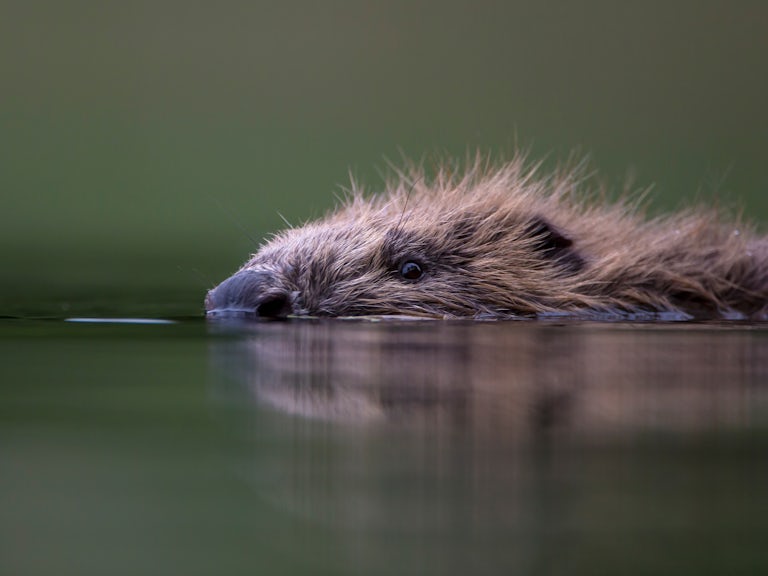How rewilding can help the new government
The new Labour government has a massive job to do for nature, climate, people and planet. Rebecca Wrigley, Rewilding Britain Chief Exec, lays out how rewilding can and should be a key part of the UK Government’s delivery plans, offering big, bold, positive changes that our natural world desperately needs.
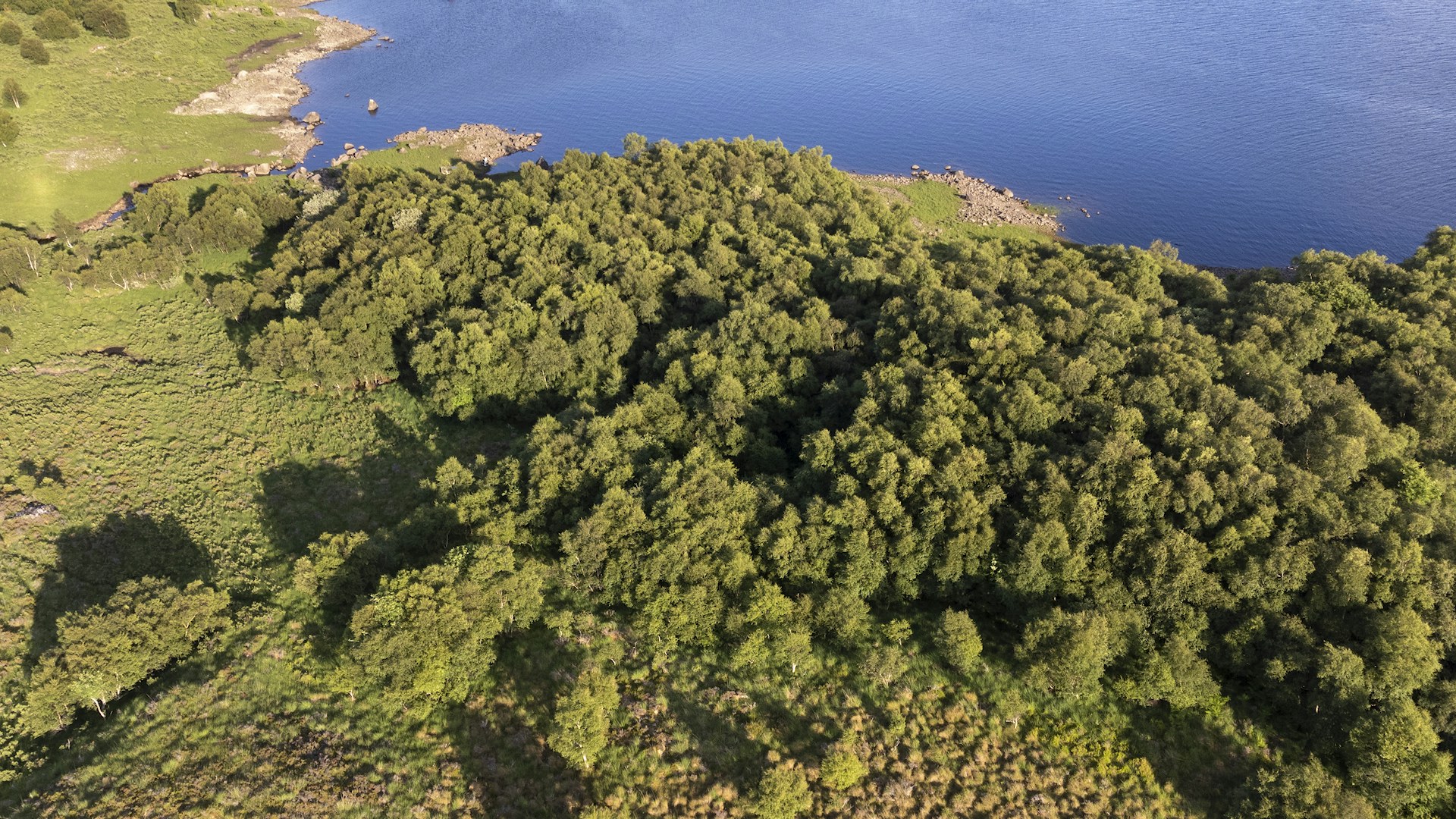
Published 18/07/2024
In the King’s speech yesterday, important first steps were taken to deliver the new UK Government’s agenda for nature and climate. Advanced renewable energy provision and tackling the cavalier, profit-maximalist approach by water companies that has resulted in four in five of our waterways not being in good ecological condition are front and centre of the plans. And yet, with no nature-focused bill, there is an almost complete lack of priority given to the vital role of nature’s restoration at scale in our nation’s future.
In the UK we now have a huge opportunity to integrate our responses to the climate and nature emergencies and for the Labour government, in cooperation with the devolved administrations, to lead the way on this.
Rewilding Britain can demonstrate how delivering 30% rewilding of our land and seas could help us move towards a nature-rich, low-carbon future while delivering real, locally-generated benefits for biodiversity, the economy, the climate and communities today.
I know there is hope, as long as we work together to ‘Think Big. Act Wild’. In response to the government’s key priorities for nature and climate, here are five ways I believe rewilding can be part of the solution.
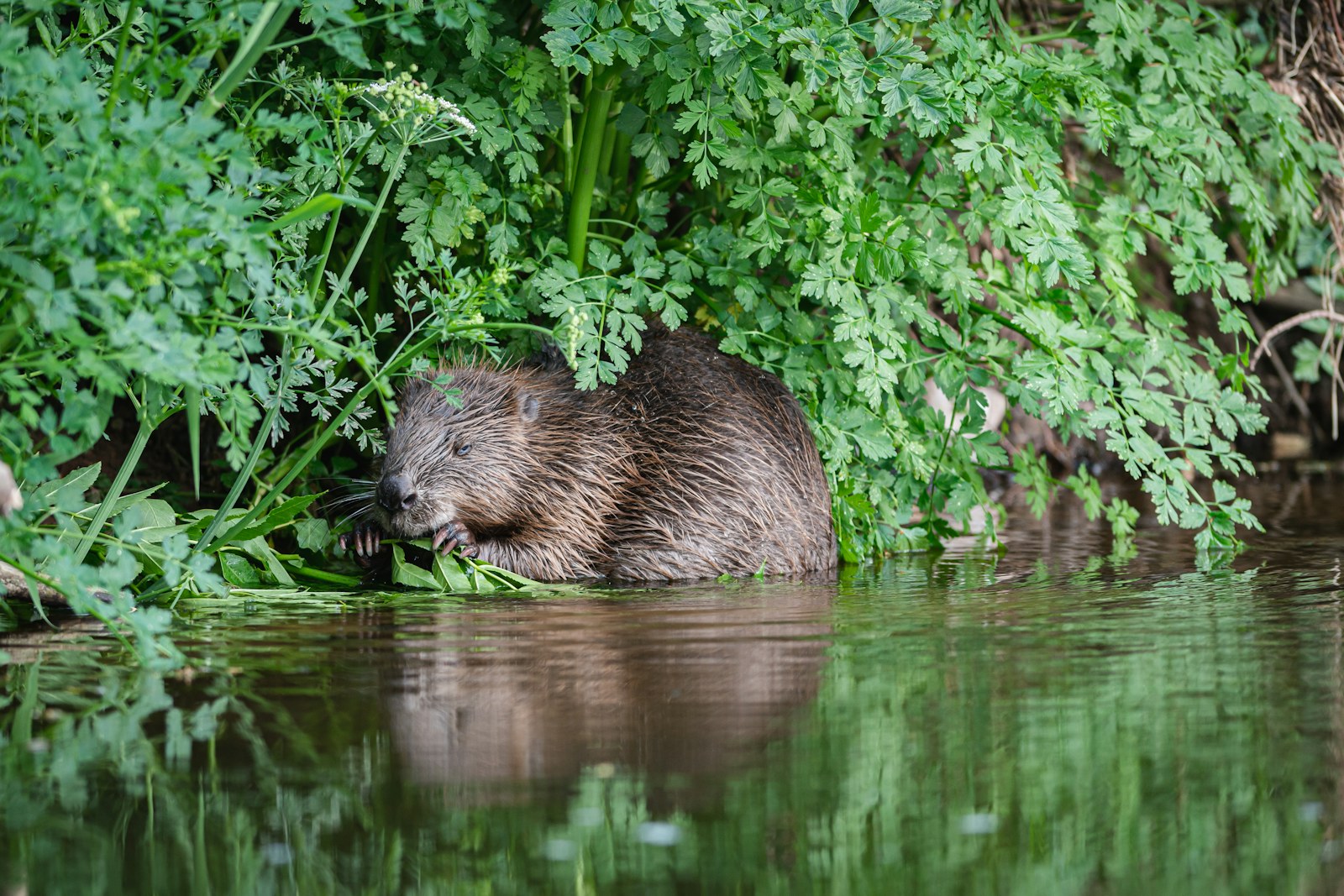
1. Ensuring nature’s recovery – and linking it to climate action
Halting nature’s decline and ensuring its recovery is one of the biggest challenges for the new Defra team and beyond. There are many solutions at hand, such as: prioritising nature’s recovery across all our protected landscapes (nearly 25% of land in England [1]) and seascapes; reintroducing vital missing species to the wild; doubling our woodland cover; expanding nature-based jobs and businesses; and banning bottom trawling across all our Marine Protected Areas (MPAs).
To make a meaningful rapid difference, we must be bold. Incentivising the large-scale restoration of natural processes (meandering rivers, natural grazing, habitat succession, connected seascapes etc) across 30% of Britain’s land and seas, would put us back on track to reversing the current declines. Nature is also an amazing natural climate solution, so we need Labour to link nature and climate action by supporting rewilding as a vital and cost-effective means of delivering on our net zero commitments.
Push for change
Urge your local leaders to act wild and commit to supporting the Rewilding Manifesto.
People and communities should be at the heart of decisions about the recovery of our land and seas. The announcement of a Community Right to Buy in the King’s Speech is an important step forward in enabling communities to get more actively involved. What we now need is to empower communities to lead rewilding through an inclusive, consultative, approach that links nature’s restoration to community regeneration. Increasing access to wild nature will also bring significant benefits to all our health and wellbeing.
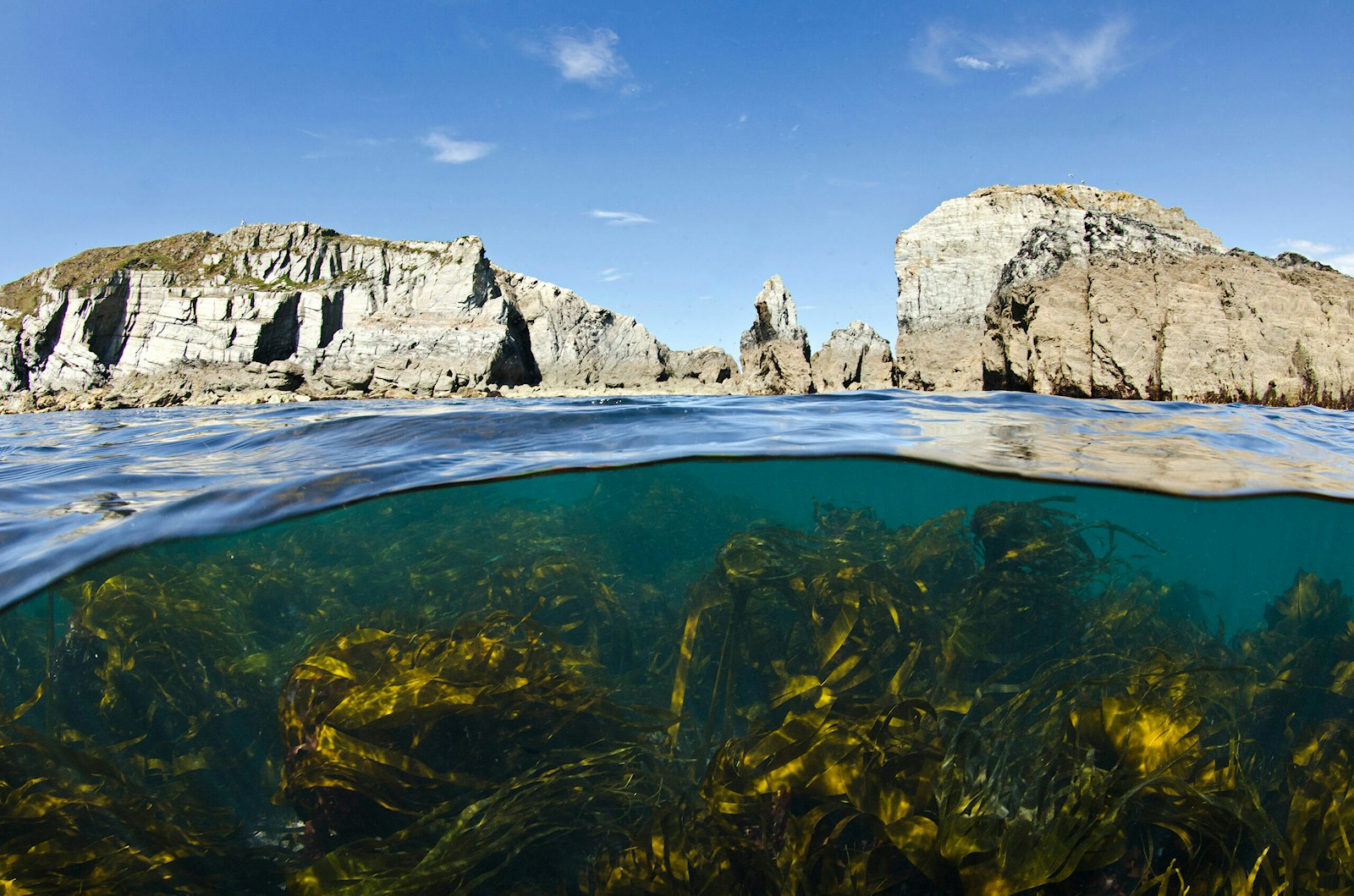
2. Cleaning up our rivers, lakes and seas
The Labour government has committed to prioritising the health of our rivers, lakes and seas, action that is urgently needed to bring our struggling waterways back from the brink. Rewilding can and should be a key part of this response. Reintroducing missing keystone species, such as beavers, into the wild can make a real difference [2]. These incredible ecosystem engineers filter water and prevent polluting nutrients from running off downstream. This is a major and cost-effective step towards healthier, cleaner waterways.
On the coast, the restoration of nearshore and coastal habitats – such as saltmarsh, oyster reefs, seagrass and kelp forests – can help clean up our coastlines, deliver healthier seas and build resilience to the impacts of the climate crisis. Urgently-needed offshore renewable energy provision should work with MPA protection and wider ocean and seabed recovery.
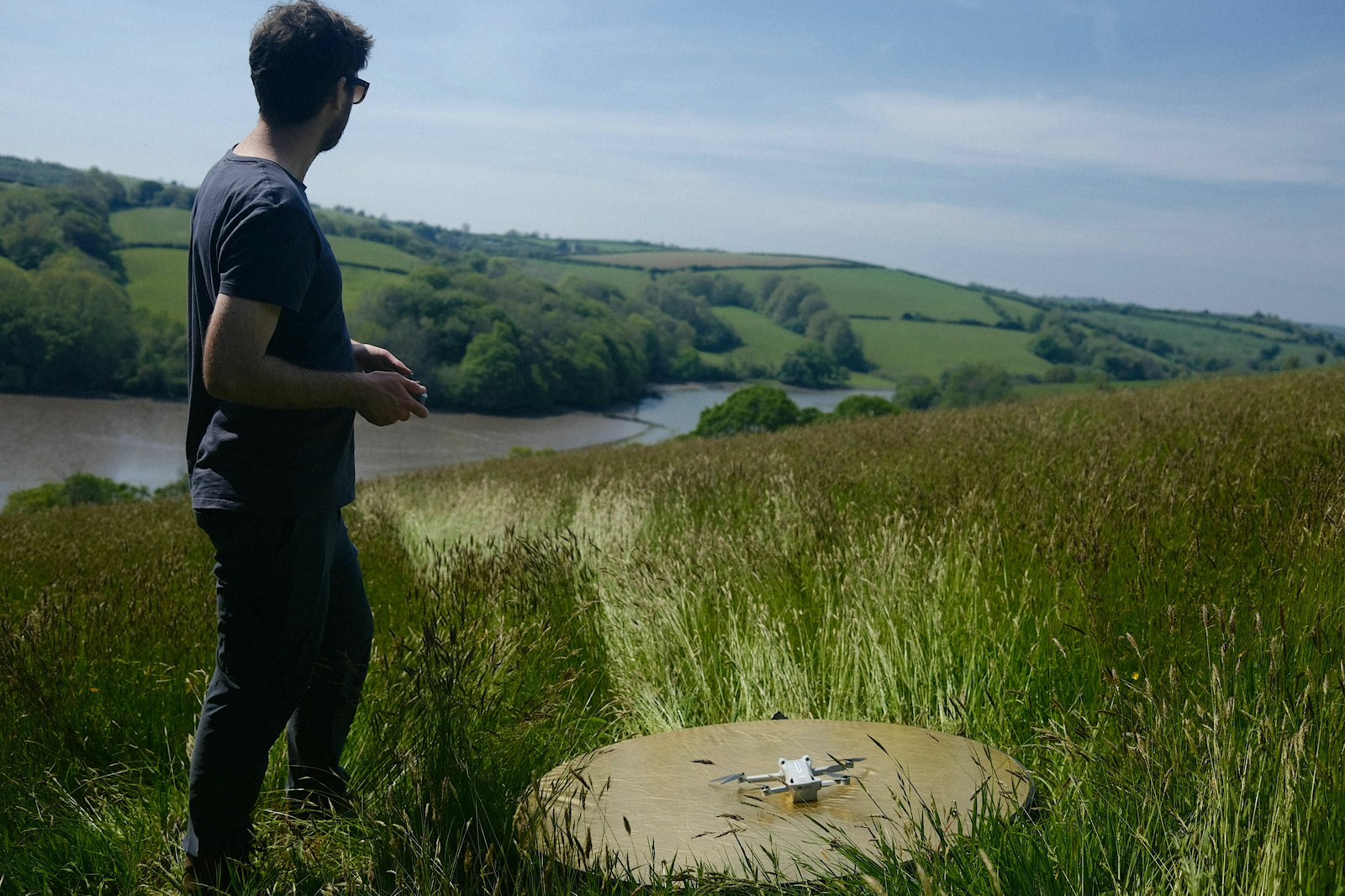
3. Job creation as part of a nature-rich, low carbon green economy
The Labour government’s emphasis on a green energy transition and creating good jobs in the industrial heartlands is exciting and progressive. However, to deliver a truly green economy we need to also consider the importance of a green land and marine use transition. Agriculture alone currently produces 10% of the UK’s greenhouse gases. We know that rewilding 30% of Britain could help reverse that. It could sequester up to 53 million tonnes of CO2/year – equivalent to 12% of our current emissions – and make a significant contribution to achieving net zero [3].
When linked to an investment in nature-based economies, rewilding can also create and sustain jobs in the rural and coastal communities that often need renewed economic security the most. Rewilding sites are already demonstrating a major increase in job provision and nature-based enterprise. Our own analysis reveals that projects led by Rewilding Network members have nearly doubled jobs since embarking on rewilding and dramatically increased volunteering opportunities.
Push for change
Urge your local leaders to act wild and commit to supporting the Rewilding Manifesto.

4. Supporting our farmers to boost food security
Food security requires nature security, and healthy ecosystems abundant with life. We have space for both nature and farming in Britain. Without healthy soils, pollinators, a stable climate, reliable water supply and resilient landscapes, our food systems cannot be sustained. Various studies, including the UK Government-commissioned National Food Strategy, show how we can deliver our 30% nature recovery commitments without touching productive farmland or impacting on overall food production.
By stepping up investment in nature’s recovery alongside a sustainable food system, and rewarding farmers and land managers for the vital role they play, the government can lead a land- use transition fit for the 21st century. Supporting Environmental Land Management (ELM) schemes alone is not enough. We need efforts underpinned by a land use framework (integrated with marine spatial plans) to help balance nature, net zero, food and timber production targets. We also need to ensure in delivering ELM, restoring nature at scale (landscape recovery) receives a much greater, fairer share of the funding pot.
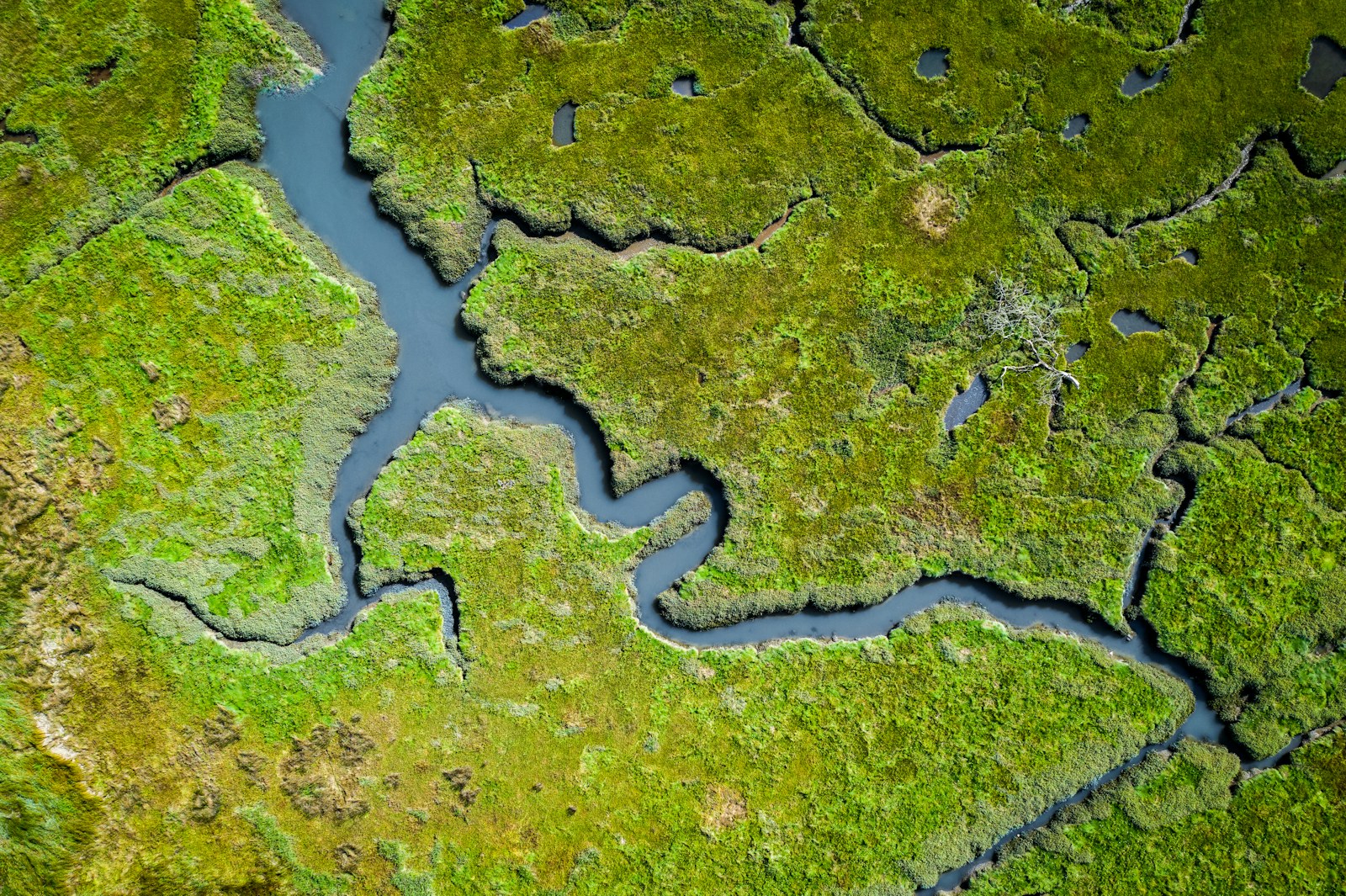
5. Protecting communities from flooding
The Climate Change Committee rightly highlighted in its latest progress report that the UK’s Third National Adaptation Programme ‘lacks the pace and ambition to address growing climate risks which we are already experiencing’ [4]. Flash flooding is a huge climate risk already being experienced by communities across Britain. By supporting land managers with proper funding to expand river bank restoration and natural flood management, we can slow the flow of water and reduce the impacts of flash flooding and extreme storms, protecting communities downstream.
In our oceans, restoring intertidal and nearshore ecosystems such as seagrass meadows and kelp forests will provide not only carbon capture and healthier marine life, but help adapt to the impacts of the climate crisis – including by acting as barriers for coastal communities against storms, flooding and coastal erosion.
Add your voice
This is not so much about what we can do for nature, but recognising the amazing things nature can do for us. From seascape-scale marine restoration, to ensuring our approach to managing our land prioritises nature recovery, rewilding offers many of the solutions to the new government’s delivery plans. We’ve done the hard work and created a rewilding manifesto for the new government to accelerate the priority areas and create positive and inclusive change on land and at sea.
Join over 15,000 others and sign our petition asking the UK Government to let nature lead and support the rewilding manifesto.
- Protected landscapes: an overview, Defra
- Beavers – Nature’s Water Engineers: A summary of initial findings from the Devon Beaver Projects, Devon Wlidlife Trusts (p10)
- Rewilding and climate breakdown: How restoring nature can help decarbonise the UK, Rewilding Britain
- 2024 Progress Report to Parliament, Climate Change Committee
